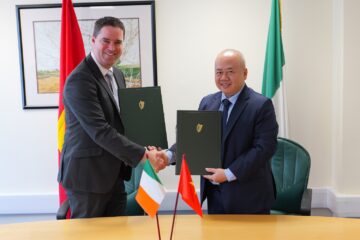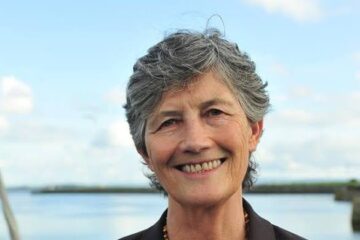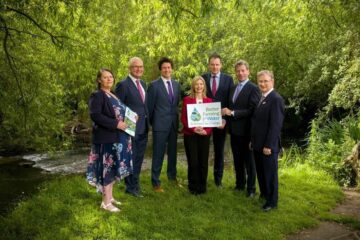In June 2021, the Horizon 2020 project, SOILGUARD, held its inaugural meeting online, kicking off its project activities based on sustainable soil management to unleash soil biodiversity potential. Twenty-five transdisciplinary project partners from seventeen countries came together to share the project goals, expectations and results to be achieved during the next four years. Roles and responsibilities to be carried out were explained by Leitat, project coordinator, and the leaders of the different work packages.
Teagasc are the Irish partner in the SOILGUARD, the Horizon 2020 project. Dr Fiona Brennan, Teagasc research officer, Johnstown Castle, Wexford said, “we are delighted to contribute to the new SOILGUARD project and to international efforts towards a better understanding of how agricultural management shapes soil biodiversity.”
“The importance of the life within our soils to the sustainability, resilience and functioning of our farming systems cannot be overstated. Understanding and harnessing this biology will be key to the development of the carbon neutral and climate resilient agricultural systems of the future”.
The aim of SOILGUARD is to boost the sustainable use of soil biodiversity to protect soil multifunctionality and increase economic, social and environmental wellbeing. This will be achieved by co-creating strong evidence of the links between soil management, soil biodiversity, soil multifunctionality and human wellbeing across biogeographical regions.
This evidence will be obtained by means of a holistic ground-breaking Soil Biodiversity and Wellbeing Framework. SOILGUARD will assess soil biodiversity status and its contribution to the delivery and value of soil-mediated ecosystem services (ES) in relation to threats i.e. land degradation, unsustainable soil management and climate change. The evidence will be used to:
- Quantify the environmental, economic, and social benefits of sustainable soil management (SSM) and soil biodiversity.
- Increase the power to forecast soil biodiversity responses to ongoing and projected challenges, and cascading effects on soil-mediated ES and human wellbeing.
- Inform national, EU and global policy and conservation frameworks.
- To mainstream and support SSM practices implementation.
Source: Teagasc



